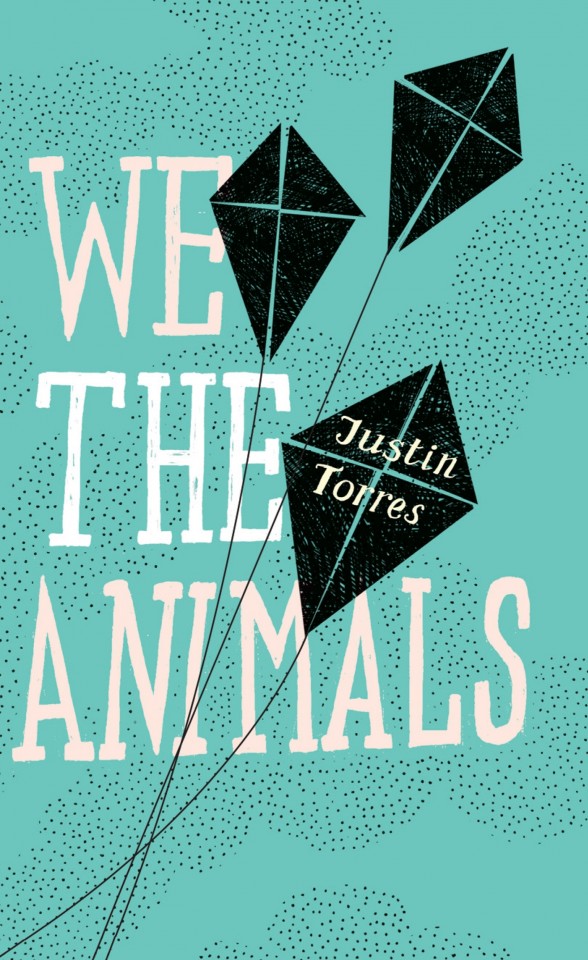Consumption of The Autobiographical Novel
Justin Torres’ We the Animals is an admittedly autobiographical novel. Torres takes advantage of fiction’s freedoms as he pays attention to the careful placement of each object in each room. Like a doll’s house, it is the perfect replication of an image, a created memory. The reader is allowed to walk through the world of the text for his- or herself and lives in the exactitude of the fictionalized world. This process develops that particular emotional attachment which inextricably follows a real experience. The reader is called to believe in the truth of the prose. He or she is able to become sensitive to these specific objects and to develop natural attachments through the experience of building internal memories. The presented reality of autobiographical fiction (unlike memoir, which forces the question of truth, and novel, which often denies it) is therefore able to be believed as fully as it can be conceived, imagined but true.
The difference between memoir and novel is authority. Memoir is asked to prove the real-world legitimacy of the text. The details of scenes are reliant on the fog and conviction of the writer’s memory; thus, the reader must build their own image of the text out of that vapor. If the memoirist is upfront with regard to their memorial haze, they’ll use conventions to sway exactness by adding, say, maybe or it went something like this, or by skipping quotation marks or italics, or by embedding dialogue in memory and paragraph. What is missing is authorial precision – that ability to point definitively toward truth.
The composite experience of the text, the images the reader holds in mind to maneuver through and make connections, are more difficult to touch in this case. They collapse as they are built upon. The reader cannot grasp onto the details of the environment, hold them in hand, make their own meaning of them. If, however, the memoirist decides to nail down the specifics, to say exactly how it happened, he or she is opened up to the usual questions and criticisms of truth. But complete fictionality has its problems too. If too thinly veiled, a novel that resembles a writer’s life opens up another question: is it all true?
For many readers, any connection between text and biography begins the slope down to extra-textual readings erred in insight.
I am not plainly suggesting that the novel, as an institution, is better than memoir. That is a useless argument. Prose doesn’t simplify itself into happened or didn’t happen, nonfiction or fiction, fiction or fictionalized, true or untrue. That the contemporary writer is expected to choose between genres shows a fundamental misunderstanding of the relationships between writer and reader, writer and text, text and reader. It illustrates a newly emerging lack of trust. This phenomenon is, perhaps, what the New York Times refers to when it calls We the Animals “the kind of sensitive, carefully wrought autobiographical first novel that may soon be extinct from the mainstream publishing world.” The expectation of intent has had its ramifications on the writing and publishing industries, in academia, among readers, and of course, in Oprah’s book club.
Perhaps in response to this pressure, later presses of We The Animals clearly demarcate the book as “a novel” on the front cover. The book is titled, so to speak, in terms of the way it interacts with the reader and its context within literature at large. This confusion didn’t begin or end with the A Million Little Pieces scandal. In contemporary writing, from the digital Best Seller racks of retail giants to the dustiest nooks of university libraries, all writers appear to feel a responsibility to denote the intentions of a text. The novelist and the memoirist alike refuse to let the text speak for itself. Is this just a trend? Has the writing industry acquiesced to a capitalist standard, in which we name our products, categorize them according to aisle, ingredients, nutrition facts, fats? Contents May Contain this much truth, that much lyricism. A gram of poetry. Half fiction, half non. And the reader, the consumer, has come to expect it.
Tags: autobiography, consumption, content, Dana Jaye Cadman, judgment, meditation, prose, review





